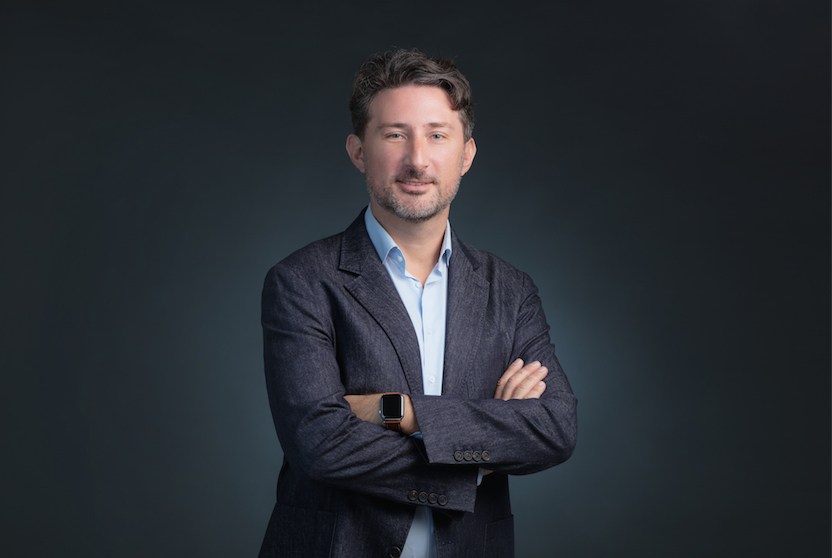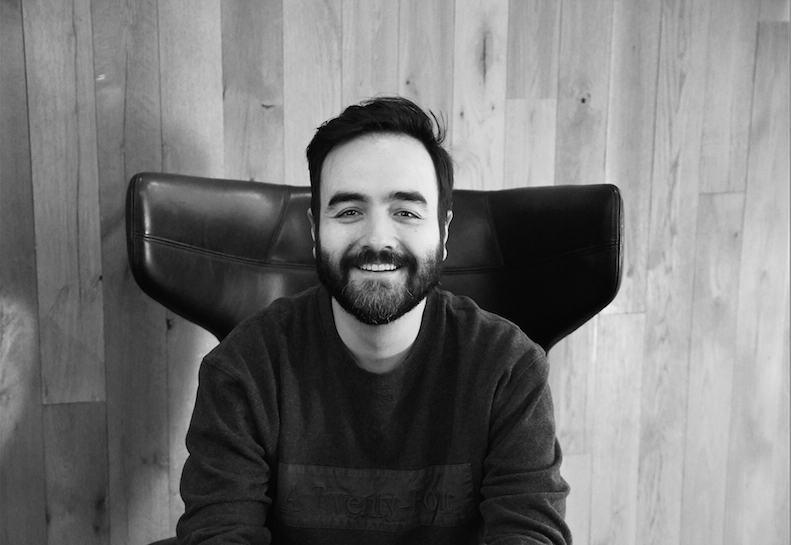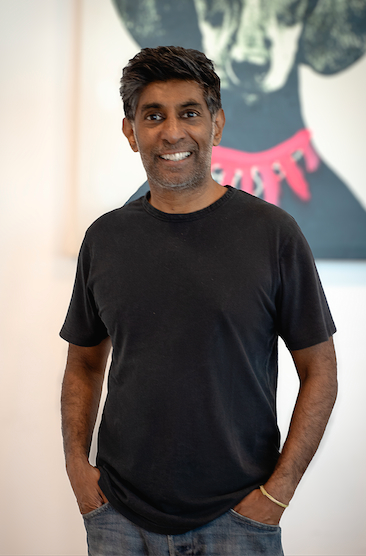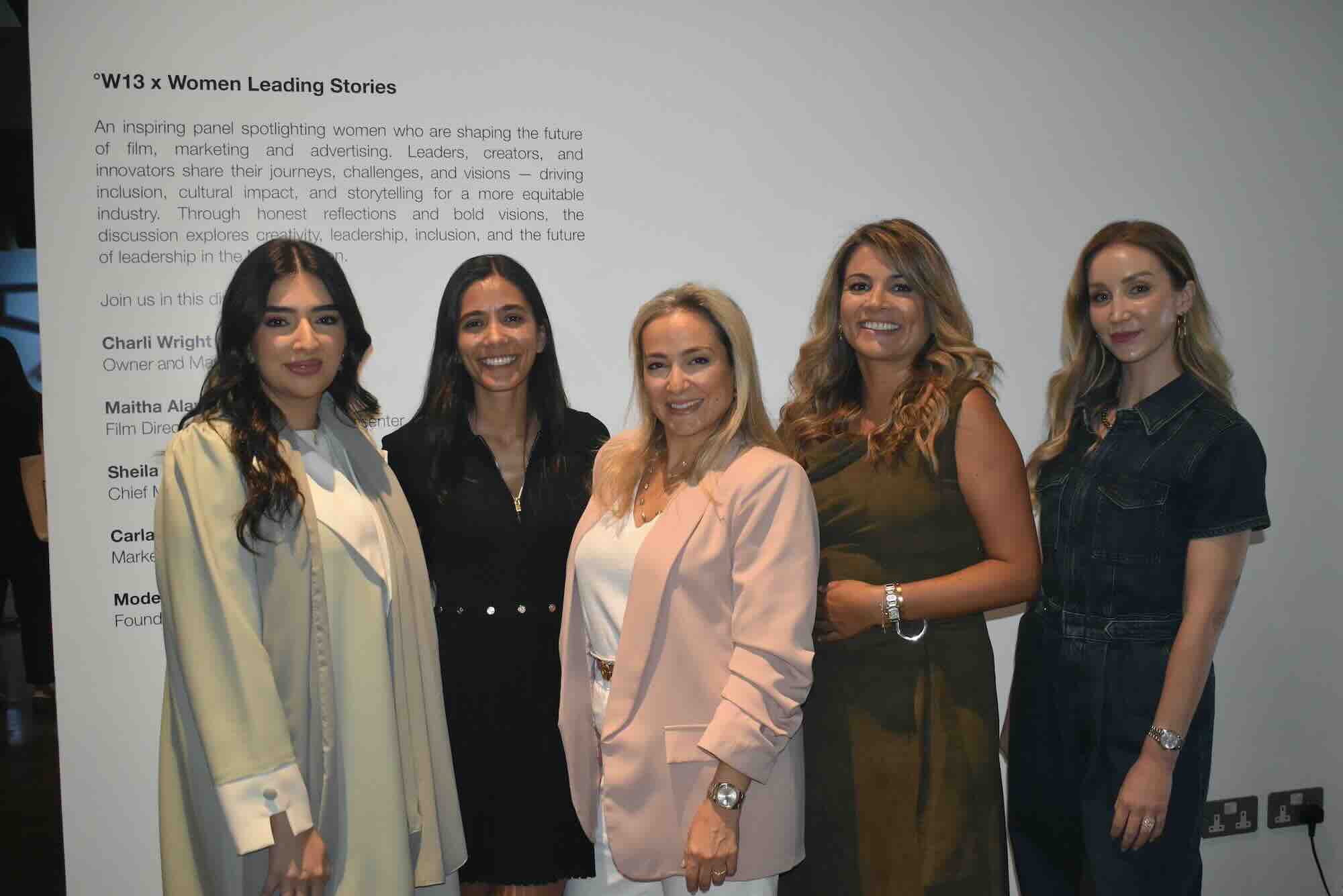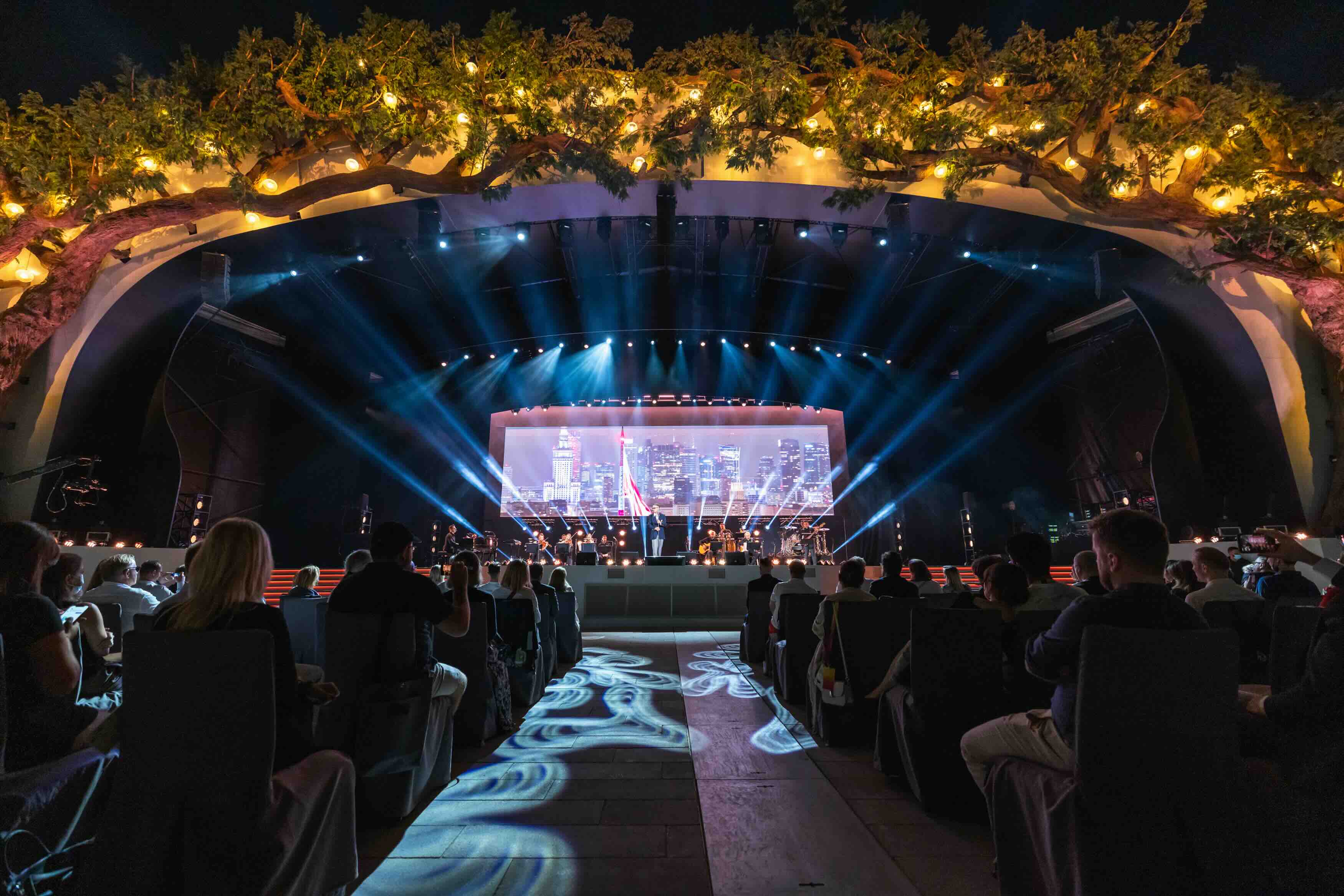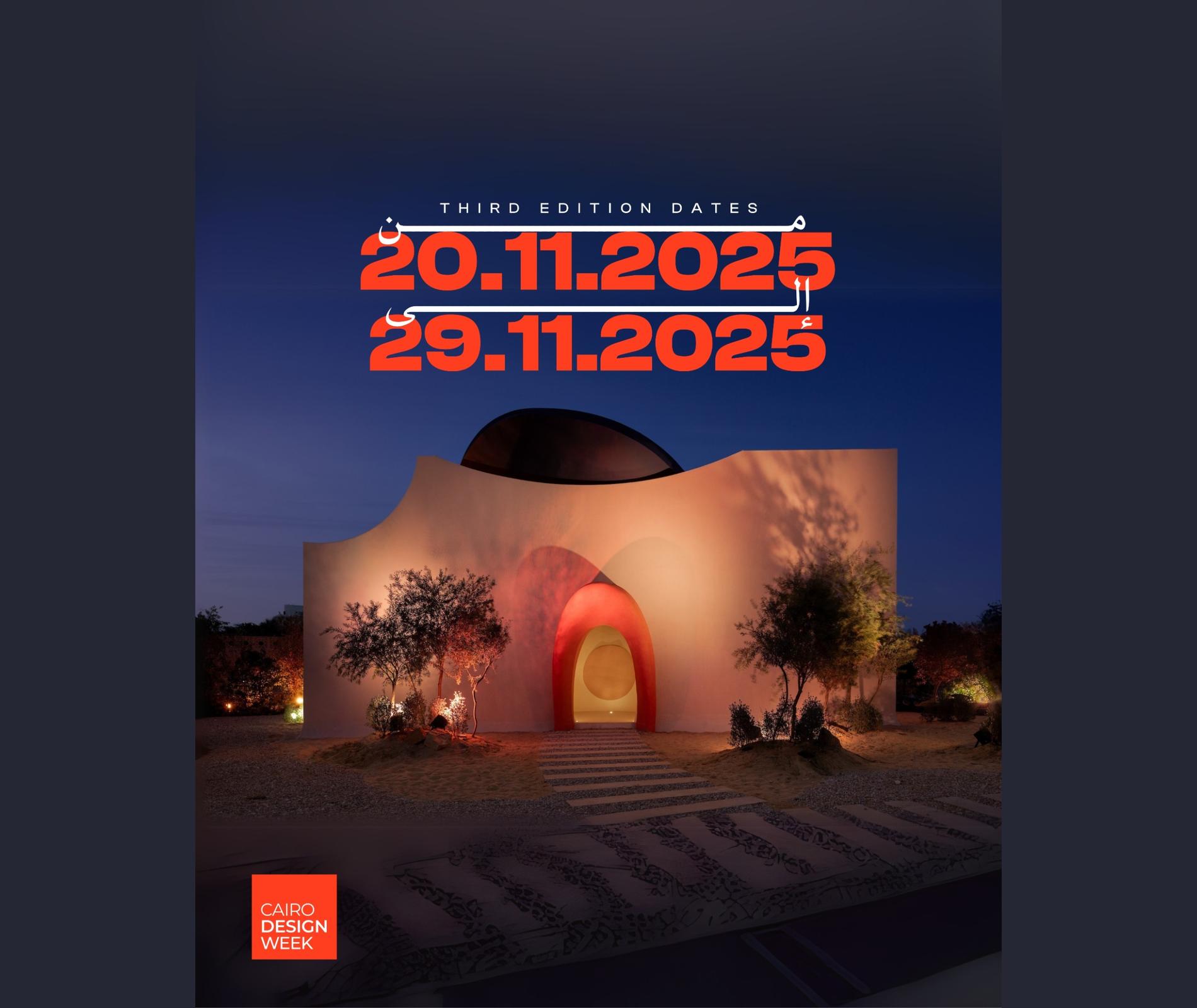News - Events
Dubai Lynx 2024 and the stars of the show
by Iain Akerman
June 24, 2024
.jpg) Advertisement
AdvertisementThree trends or noticeable achievements stood out at this year’s Dubai Lynx. Firstly, the performance of Saudi Arabia. Nine of this year’s 21 grands prix were won by Saudi clients or their agencies, including Leo Burnett Jeddah for Saudia and Accenture Song for Riyadh Season. Such a performance is far removed from the barren years of the past.
Only a few years ago the kingdom was a creative backwater, playing second fiddle to Dubai and Cairo and struggling to be taken seriously on the regional stage. All that changed when the country shed its cloak of conservatism and opened up to the world. “While the kingdom has always been a source of innovative thinking, the quality of craft has notably elevated,” says David Fregonas, Accenture Song’s Middle East lead.
“This year, we have been privileged to witness an outstanding array of campaigns deeply entrenched in the rich tapestry of regional culture and behaviour. It is truly inspiring to observe brands leveraging these cultural insights to create narratives that deeply resonate with their audiences.”
Secondly, the prevalence (and exasperation with) purpose-driven work. Fregonas, for example, was excited “to witness a shift towards more brand-focused projects receiving recognition”. And while “purpose-driven initiatives remain crucial, the surge in accolades for brand-centric endeavours underscores the industry’s dynamism and creativity,” he adds.
“It is truly inspiring to observe brands leveraging cultural insights to create narratives that deeply resonate with their audiences.”
--David Fregonas, Accenture Song’s Middle East lead
Even Seyoan Vela, Livingroom’s chief creative officer, whose agency won the outdoor grand prix for a purpose-driven campaign, believes such work unfairly dominates the Lynx. As such, these campaigns should be restricted to a separate category entirely, he argues.
“There was a palpable surge of craft and innovation for big commercial brands, particularly at the grand prix level, accompanied by the usual slew of purpose-driven and non-profit endeavours,” says Manuel Bordé, global chief creative officer, commerce, at VML.
“This region brims with untapped potential for creating innovative work tailored for major commercial brands and fee-paying clients. I’ve witnessed this potential firsthand during my tenure here. Yet, it seems we try hard to tailor our entries to appease international juries, emphasising work that saves the world over work that drives business growth and sales.
“Globally, there seems to be a prevailing fatigue for purpose-led campaigns and I would love for this region to follow suit, especially when the link to the brand is tenuous at best,” adds Bordé. “There’s a growing appetite for brand work that reverts to its core purpose: selling and transforming businesses. It’s time to inject humour back into our campaigns and re-centre our focus on the essence of this industry – moving products and services.”
“Sometimes, it’s evident that certain projects are designed more for accolades than for effectiveness.”
--Paulo Engler, senior creative director, FP7 McCann
Thirdly, the notable success of Accenture Song. The creative group picked up three grands prix alongside Droga5, which has been part of Accenture since 2019. Not only did the wins mark an impressive regional breakthrough for one of the world’s largest tech powered marketing service providers, they coincided with a concerted effort by Droga5 to expand into the Middle East. The wins also represent the first time any Accenture division has had such a dramatic impact at the Lynx, hammering home the potential threat posed to traditional agencies by the offspring of multinational consultancies.
“We’ve long believed in the blurring of lines between creativity and technology,” says Fregonas.“This belief comes from our understanding of the evolving needs of our clients and the changing landscape of audience engagement platforms. While creativity has historically been paramount in brand building, today’s environment requires a seamless integration of data-driven insights and scientific methodologies to drive meaningful outcomes. By combining creative ingenuity with data analytics and strategic business acumen, our focus shifts from merely crafting campaigns to fostering innovative solutions that address human needs.”
“There’s a growing appetite for brand work that reverts to its core purpose: selling and transforming businesses.”
--Manuel Bordé, global chief creative officer, commerce, VML
Despite near universal appreciation of the quality of the winning work, some tweaks of the Lynx are necessary. Bordé questions the need for certain categories, suggesting a reassessment of some, particularly digital, which does not fit the bill in today’s complex multi-platform world. “On a positive note, on creative commerce it’s encouraging to witness juries increasingly discerning work that authentically represents the category,” adds Bordé, one of the main champions of creative commerce globally. “Sure, there’s still the issue of some non-commerce entries slipping through the cracks, but we see less of this every year. As a relatively new category across all shows, agencies are getting better acquainted with the criteria, but it’s crucial to have juries that grasp it thoroughly as well.”
For smaller agencies, cost remains a challenge. “It is preposterously expensive,” says Vela. “Both to enter and attend the awards. You could eat every night at the best restaurants in Dubai and then watch the work on YouTube and you would still be up on the deal for the cost. The more you spend, the more likely you are to win the agency or network prizes because all the shortlists will add up. Ultimately it’s unfair to the people who work in our industry, who are being robbed of pay rises or additional staffing in order to feed the awards beast.”
“The more you spend, the more likely you are to win the agency or network prizes because all the shortlists will add up.”
--Seyoan Vela, CEO, Livingroom Dubai
As such, and as always, the awards were dominated by those with the deepest pockets. It goes with no saying that the calibre of the talent, and the work created has its weight and can't be ruled out yet the chances remain way higher for giant networks. In that sense, the headline achievements were similar to the previous year.
Leo Burnett was again crowned network of the year, Leo Burnett Dubai won agency of the year, and Publicis Groupe continued its dominance under the leadership of chief executive Bassel Kakish.
Saatchi & Saatchi was named runner-up in the network of the year rankings for the second Lynx in a row, but was knocked into third place in the agency of the year title race by Impact BBDO.
Initiative was named media agency of the year, Serviceplan Middle East was the top independent agency, and Good People were back on top for the Gold Palm Award.
“The Lynx marks a significant point in the year, vital for rejuvenating the industry’s energy,” says Paulo Engler, senior creative director at FP7 McCann, which won the media grand prix for Frequencies of Peace. “It inspires every client to aspire to see their brand featured on those screens the following year.”
Over the years the creative has matured and the work has improved, adds Vela, who believes the region’s industry feels like it’s now heading in the right direction. “Or at least in the same direction as everywhere else,” he says. “A decade ago, it seemed to be off doing its own thing and that idiocy seems to have passed.”
Issues remain, of course. Not least the dominance of multinational agencies, which not only marginalises smaller, independent outfits, but skews outside perception of the industry as a whole.
“One aspect I hope to see evolve is the balance between agency competition and the focus on solving real client problems,” adds Engler. “While competition can be a great motivator, pushing us to excel, there’s a tendency for it to skew too heavily towards chasing awards, rather than addressing the actual needs of our clients.
“It’s essential to keep in mind what truly sustains our business. Sometimes, it’s evident that certain projects are designed more for accolades than for effectiveness. Our industry would benefit from shifting our focus back to what genuinely impacts our clients’ success. By prioritising their needs and ensuring our creativity is in line with their business objectives, we can promote a more sustainable and client-centred approach in our market.”


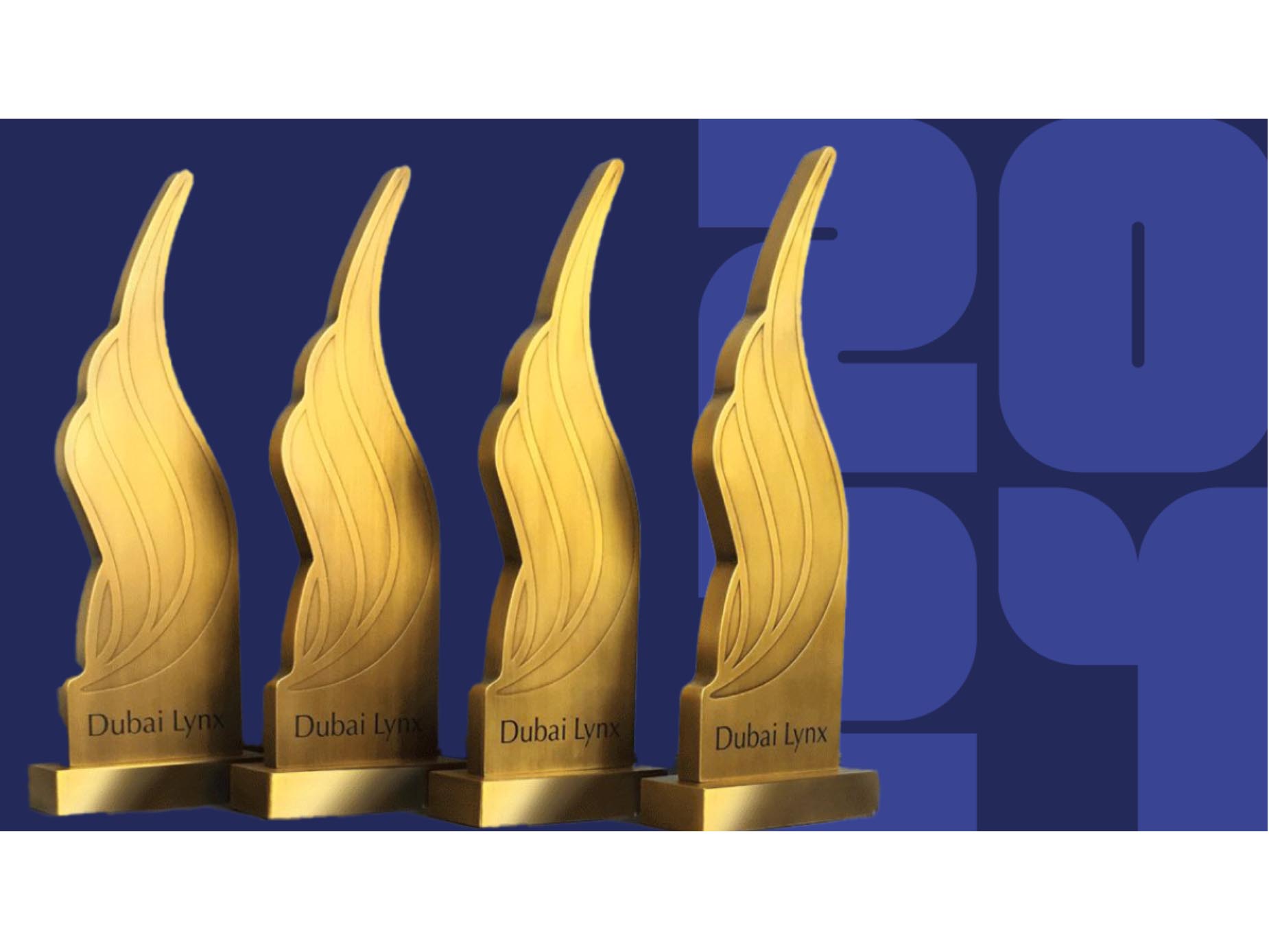
.jpg)
